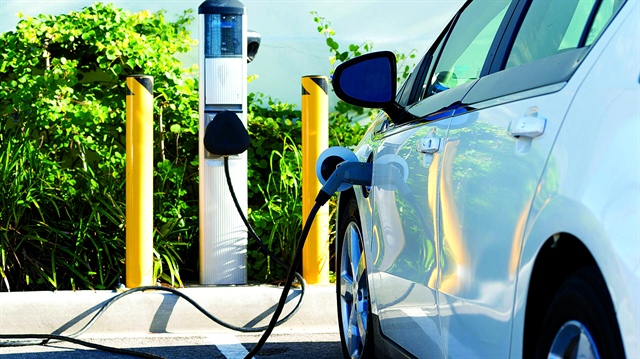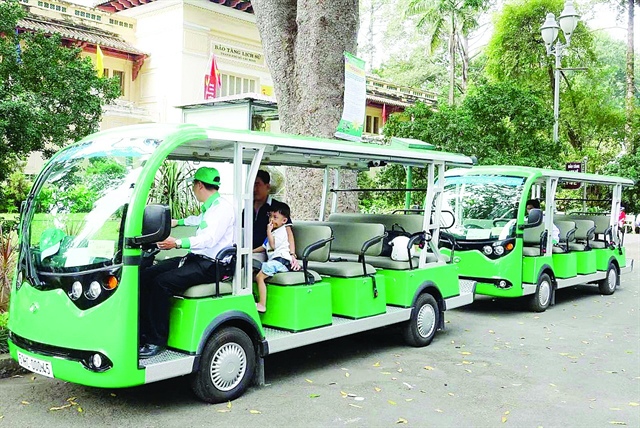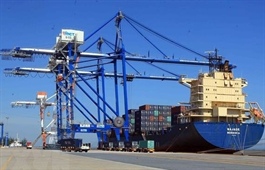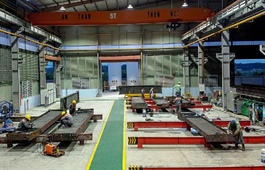Vietnam, Netherlands cooperate on developing electric transportation
Vietnam, Netherlands cooperate on developing electric transportation
(VEN) - Vietnam and the Netherlands share the same goal of climate neutrality and greening the economy. Sustainable transportation, renewable energy and energy efficiency all play an important role in attaining this goal.
Vietnam is promoting the use of environmentally friendly vehicles to fulfill its commitment to zero net emissions by 2050, prompting investment in the electric vehicle industry and technology innovation to create energy-efficient and environmentally friendly vehicles. But the country faces major challenges in developing electric transportation, including policy and infrastructure problems.

Promoting the use of environmentally friendly vehicles |
Filippo Bortoletti, Senior Manager of Dezan Shira & Associates in Vietnam, said Vietnam needs to address a number of major challenges, such as low investment in electric vehicle production, high prices of electric vehicles and batteries, and lack of charging stations and trained human resources if it is to develop the electric vehicle industry and market.
The Netherlands has become a world leader in the use of electric vehicles, with 77,000 charging stations for electric vehicles and a goal for all new passenger vehicles running on electricity by 2030. Baerte de Brey, Vice President of the European Association for Electromobility and Chief International Officer at ElaadNL, attributed his country’s advances in electric transportation to the development of smart charging infrastructure, car manufacturers sharing charging stations, and investment in research and development (R&D).

The potential and opportunities for bilateral cooperation in electric transportation development is huge |
The Dutch government has adopted many policies designed to incentivize use of electric vehicles, especially an almost zero tax on electric automobiles. Specifically, instead of exempting electric vehicle users from paying tax, it imposes road and vehicle registration taxes on a flexible basis according to levels of CO2 emissions. Electric cars are CO2-free so their owners pay almost no tax. Electric vehicle users in the Netherlands can also use public parking areas for free. All trains and subways in the Netherlands run on wind energy, as do a large percentage of taxis.
The potential and opportunities for bilateral cooperation in electric transportation development is huge, given the Netherlands’s rich experience and Vietnam's interest in this field. Cooperation opportunities include development of charging station infrastructure hardware, software and services, electric vehicle components and production technology, and consulting and research services.
Dutch Ambassador to Vietnam Elsbeth Akkerman said both Vietnam and the Netherlands aspire to neutralizing the climate and greening the economy, and sustainable transportation, renewable energy and energy efficiency will play an important role in that transition.
| Dutch Ambassador to Vietnam Elsbeth Akkerman: The Netherlands wishes to share with Vietnam its knowledge and experience in electric transportation development not only through exchanges between governmental agencies but also between businesses and research institutes. |
























